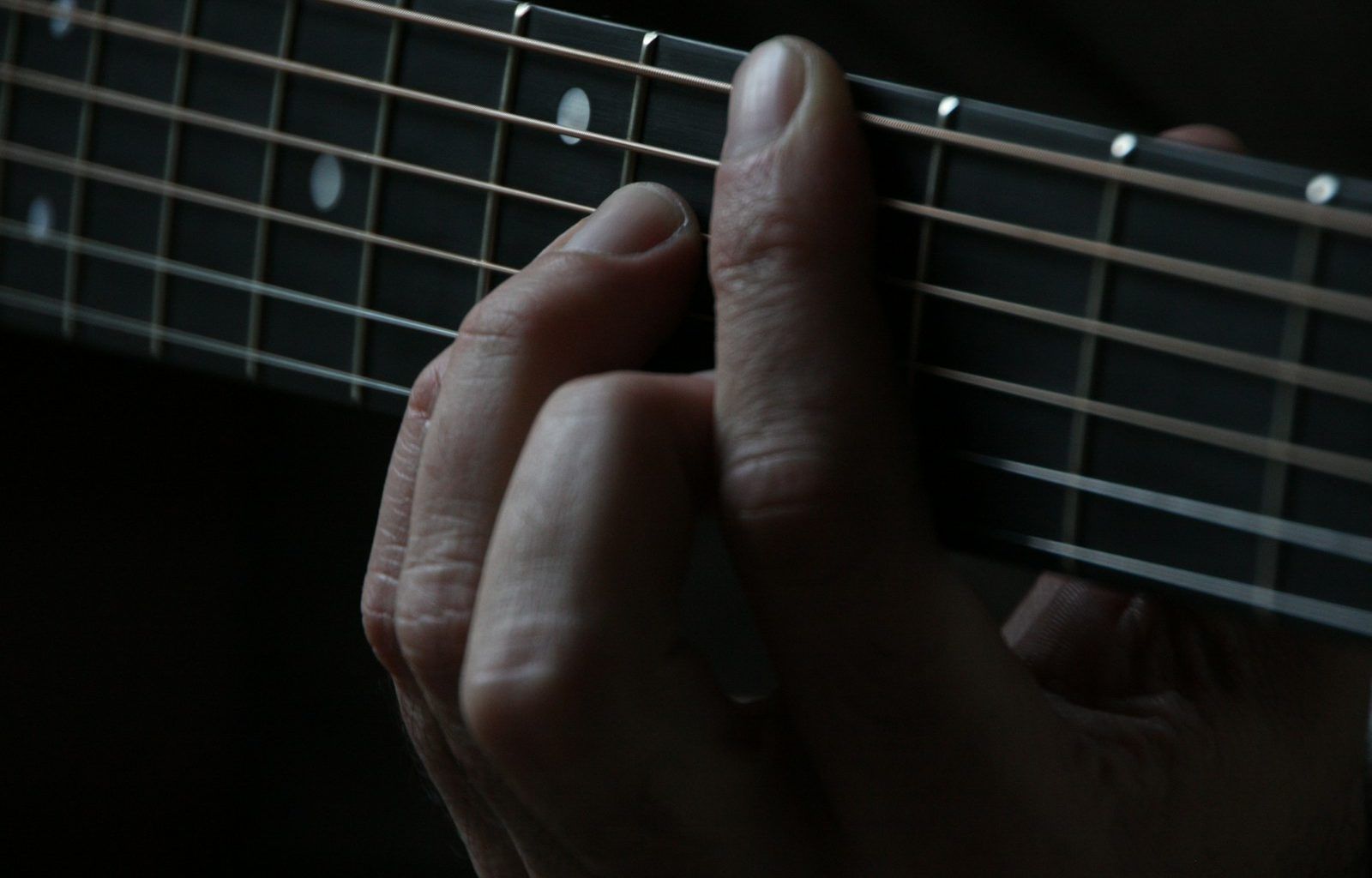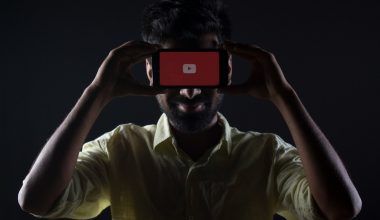Music is everywhere. It’s in our homes, our cars, and even in the pockets of our smartphones. But have you ever thought about where most of your music comes from? Chances are, a good portion of it comes from music-owned channels. These channels are platforms, either online or offline, where music is the main content. They can include everything from YouTube channels, streaming services, and even curated radio stations. In this blog, we’re diving deep into the world of music-owned channels, their impact, and why they matter.
What Are Music Owned Channels?
Let’s start with the basics. A music-owned channel is any platform that primarily focuses on music-related content. This can mean a YouTube channel dedicated to music videos, a Spotify playlist curated by an artist, or even a social media account that showcases a band’s latest releases. These channels serve as a bridge between musicians and listeners, creating a space where music can be discovered, shared, and celebrated.
For artists, these channels are more than just a way to share their music. They’re a vital tool for building their brand, connecting with their fans, and even earning revenue. For fans, they’re a treasure trove of content, offering everything from music videos and live performances to behind-the-scenes footage and exclusive interviews.
Why Are Music Owned Channels So Popular?
The popularity of music-owned channels can be attributed to a few key factors. First and foremost, they offer convenience. With a few clicks, listeners can access an almost endless library of songs, videos, and other music-related content. Whether you’re in the mood for a relaxing playlist or a high-energy live concert, there’s a channel for that.
Another reason for their popularity is the sense of connection they provide. Through music-owned channels, fans can engage with their favorite artists in ways that weren’t possible before. Social media channels, for instance, allow artists to share personal moments, respond to fan comments, and build a community around their music. This level of interaction helps fans feel closer to the artists they love.
Finally, music-owned channels are popular because they’re diverse. There’s something for everyone, no matter your taste in music. From classical to hip-hop, indie to pop, these channels cater to a wide range of preferences, making it easy for listeners to find content that resonates with them.
The Role of YouTube in Music Owned Channels
YouTube is arguably one of the most influential music-owned channels out there. With millions of music videos, live performances, and artist interviews, it’s a go-to platform for music lovers. Artists use YouTube to showcase their work, connect with fans, and even launch their careers. Take, for example, the rise of Justin Bieber, who was discovered on the platform.
For fans, YouTube offers a mix of official music videos, user-generated content, and curated playlists. It’s also a great place to discover new artists, thanks to its recommendation algorithm. Plus, with the introduction of YouTube Music, the platform has solidified its position as a leader in the music streaming industry.
The Rise of Streaming Platforms
Streaming platforms like Spotify, Apple Music, and Amazon Music have revolutionized the way we consume music. These platforms are essentially massive music-owned channels, offering access to millions of songs at your fingertips. But what sets them apart is their focus on personalization.
Using algorithms and user data, these platforms curate playlists tailored to individual tastes. Whether it’s your “Discover Weekly” playlist on Spotify or a curated radio station on Apple Music, these features make it easy for listeners to find new music they’ll love.
For artists, streaming platforms provide valuable insights into their audience. They can see which songs are most popular, where their listeners are located, and even what time of day their music is most often played. This information can be incredibly useful for planning tours, releasing new music, and connecting with fans.
Social media platforms like Instagram, TikTok, and Twitter have become powerful music-owned channels in their own right. These platforms allow artists to share snippets of their songs, promote upcoming releases, and engage directly with fans. TikTok, in particular, has had a massive impact on the music industry, with many songs going viral and climbing the charts thanks to the platform.
One of the reasons social media works so well as a music-owned channel is its ability to create viral moments. A single TikTok dance challenge or Instagram reel can introduce a song to millions of people in a matter of hours. This kind of exposure can be a game-changer for artists, especially those who are just starting out.
The Importance of Branding in Music Owned Channels
For artists, having a strong brand is essential, and music-owned channels play a big role in building that brand. A well-curated YouTube channel, for instance, can showcase an artist’s unique style and personality. Similarly, an engaging social media presence can help an artist stand out in a crowded industry.
Branding isn’t just about aesthetics, though. It’s also about storytelling. Music-owned channels give artists a platform to share their journey, their inspirations, and their vision. This helps fans connect with the artist on a deeper level, turning casual listeners into loyal supporters.
Monetizing Music Owned Channels
One of the biggest benefits of music-owned channels for artists is the potential for monetization. YouTube, for instance, allows creators to earn money through ads, sponsorships, and merchandise sales. Streaming platforms like Spotify and Apple Music pay artists based on the number of streams their songs receive. Social media platforms, too, offer opportunities for revenue through brand partnerships and sponsored posts.
However, monetizing these channels requires a strategic approach. Artists need to consistently produce high-quality content, engage with their audience, and stay on top of trends. It’s a lot of work, but the rewards can be significant.
Challenges Facing Music Owned Channels
While music-owned channels offer many benefits, they’re not without their challenges. One of the biggest issues is competition. With so many channels out there, it can be difficult for artists to stand out and attract an audience. This is especially true for new and independent artists who don’t have the backing of a major record label.
Another challenge is the issue of revenue. While platforms like YouTube and Spotify offer monetization opportunities, the payouts can be relatively low, especially for smaller artists. This has led to ongoing debates about fair compensation in the music industry.
Finally, there’s the challenge of staying relevant. The music industry is constantly evolving, and artists need to adapt to changing trends and technologies to keep their audience engaged.
The Future of Music Owned Channels
Despite these challenges, the future of music-owned channels looks bright. As technology continues to advance, these channels will likely become even more integrated into our daily lives. For instance, we’re already seeing the rise of virtual reality concerts and AI-generated music, which could open up new possibilities for music-owned channels.
In addition, we can expect to see more personalized and interactive experiences. From AI-curated playlists to live Q&A sessions with artists, these features will make music-owned channels even more engaging for fans.
Final Thoughts
Music-owned channel have transformed the way we consume and interact with music. They’ve given artists new ways to share their work, connect with fans, and earn a living. At the same time, they’ve made it easier than ever for listeners to discover and enjoy music.
Whether you’re an artist looking to build your brand or a fan looking to explore new music, there’s no denying the impact of music-owned channel. As these platforms continue to evolve, they’ll undoubtedly play an even bigger role in shaping the future of the music industry.
For further reading, explore these related articles:
- Taylor Swift’s First Album: A Simple and Inspiring Story of Her Beginnings
- The Story of Jay Rock: A True Hip-Hop Icon
For additional resources on music marketing and distribution, visit Deliver My Tune.






